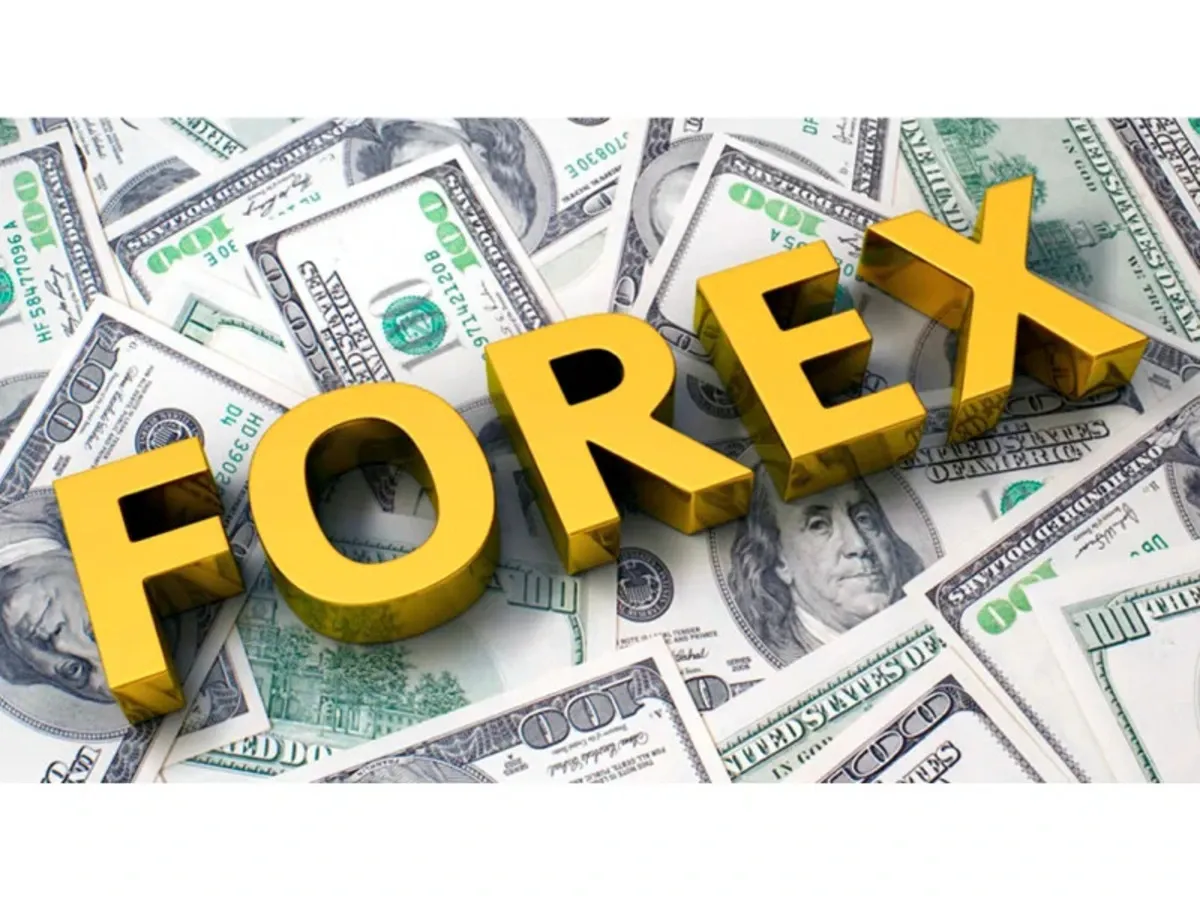Gold ETF Vs Gold Mutual Funds - Difference & Which is Better
Written by Mariyam Sara
Published on October 14, 2025 | 4 min read

When the gold prices recently broke the psychological ₹100,000/10 gram hurdle, there was a renewed interest in the yellow metal among investors, including the younger investors who had traditionally avoided investing in gold due to various reasons. Investing in physical gold involves storage requirements and making costs, which can be quite high, thereby significantly eroding the investment value. In addition, it is not as convenient as the other dematerialised options such as mutual funds and ETFs.
However, there are alternatives to invest in like Gold ETFs and Gold Mutual Funds, both of which are tied to the 24-carat gold price. An investor does not need to worry about making charges or storing physical gold. However, which one is a better alternative out of the two?
This article explores the key differences between these two instruments and helps you decide which suits your investment goals better.
What is a Gold ETF?
An exchange-traded fund that makes direct investments in 99.5% pure gold is known as a gold ETF. A Gold ETF's units each represents a certain amount of gold that the fund owns. Like shares, these units are listed and traded on stock exchanges, and their value change in real time in response to changes in the price of gold and market demand.
You need both a trading account and a demat account to trade in Gold ETFs. The low expense ratio of gold exchange-traded funds (ETFs) in comparison to other gold investing choices is one of their main advantages. They provide high liquidity and price transparency since they trade on the stock exchange and you can buy or sell units at any moment during business hours.
This makes Gold ETFs ideal for investors who are market-savvy, comfortable with stock trading platforms, and looking for lower-cost exposure to gold.
What is a Gold Mutual Fund?
A gold mutual fund is an open-ended scheme that primarily invests in gold ETFs. So you are indirectly investing in ETFs, which in turn invest in physical gold. The two are different because you do not need a Demat account to invest in these funds.
You can invest through a simple mutual fund account either via a lump sum or a Systematic Investment Plan (SIP). Pricing in gold mutual funds is not real-time; instead, it is based on the fund’s Net Asset Value (NAV), which is updated at the end of each trading day.
It is an excellent option for beginners who prefer convenience and wish to invest systematically without worrying about the stock market dynamics. It is also perfect for investors with a long-term horizon.
Key Differences Between Gold ETF and Gold Mutual Fund
Here is a comparison table between the two alternatives:
| Features | Gold ETF | Gold Mutual Fund |
|---|---|---|
| Demat Requirement | Requires a Demat | No Demat account needed |
| Mode of Investment | Via Exchange (Lumpsum or SIP, if available) | Via AMC (Lumpsum or SIP) |
| Pricing | Market-based, real-time | NAV based |
| Liquidity | Can be traded anytime on the exchange | Redeemable through the AMC |
| Expenses | Lower expense ratio | Slightly higher due to fund management |
Market-savvy investors often prefer ETFs, as these require some market knowledge to invest. On the other hand, anyone can invest in Mutual Funds, but the transaction costs will be slightly higher.
FAQs
Do I need a demat account to invest in Gold Mutual Funds?
No, you can invest in Gold Mutual Funds without a demat account.
Which is more cost-effective, a Gold ETF or a Gold Mutual Fund?
Gold ETFs are usually more cost-effective due to their lower expense ratio.
Can I invest in Gold ETFs through SIP?
You need to check the availability of SIP in a Gold ETF, as it is not very prevalent, but Gold Mutual Funds offer SIPs.
Which option offers real-time pricing?
Gold ETFs offer real-time pricing as they are traded on stock exchanges.
Are these options better than physical gold?
Yes, both offer better purity, liquidity, and eliminate storage risks compared to physical gold.
Gold ETFs and Gold Mutual Funds are both smart and efficient alternatives to buying physical gold. They help diversify your portfolio while providing the same benefits of purity and liquidity. Evaluate your investment horizon, market experience, and preferred mode of investing before making a choice. Whichever you pick, you’ll still enjoy the peace of mind that comes with investing in one of humanity’s oldest and most trusted assets: gold.
About Author
Mariyam Sara
Sub-Editor
holds an MBA in Finance and is a true Finance Fanatic. She writes extensively on all things finance whether it’s stock trading, personal finance, or insurance, chances are she’s covered it. When she’s not writing, she’s busy pursuing NISM certifications, experimenting with new baking recipes.
Read more from MariyamUpstox is a leading Indian financial services company that offers online trading and investment services in stocks, commodities, currencies, mutual funds, and more. Founded in 2009 and headquartered in Mumbai, Upstox is backed by prominent investors including Ratan Tata, Tiger Global, and Kalaari Capital. It operates under RKSV Securities and is registered with SEBI, NSE, BSE, and other regulatory bodies, ensuring secure and compliant trading experiences.
























